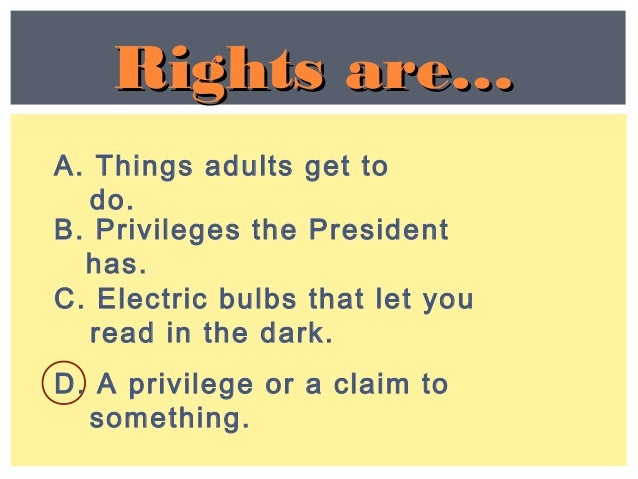

To our knowledge, no prior sibling or generational studies have specifically addressed emotion socialization. This qualitative segment will explore parental interactions and emotional socialization with their children, and their views on their parenting approaches and the factors shaping them.

We will focus on parenting styles related to how parents serve as role models, guiding children in understanding, managing, and expressing emotions in social contexts, termed as emotion socialization (Eisenberg et al., 1998).Įmploying a mixed-methods sequential explanatory design (Ivankova et al., 2006), this research will use a quantitative generational twin/sibling design, followed by a qualitative study involving twins.

The aim of this project is to shed light on the factors influencing parenting practices in Norway. This underscores the importance of understanding parenting practices within the Norwegian context (Bufdir, 2020). Norway and Scandinavia are uniquely positioned, with notable aspects like gender equality and extended parental leave (SSB, 2019a). Nonetheless, we still lack comprehensive understanding of the determinants of parental practices, especially the distinction between environmental and genetic factors (McGuire, 2003). Some evidence points to the influence of parents' backgrounds on their parenting styles, including their experiences of care and abuse as children (Greene et al., 2020), personality (van Ijzendoorn et al., 2020), their partners' parenting styles (Rothenberg, 2019), neighborhood factors (Jocson & McLoyd, 2015), financial circumstances (Hyggen et al., 2018), and cultural backgrounds (Friberg & Bjørnset, 2019). However, there's limited insight into the predominant parental practices today and the reasons behind parents' approaches. Current literature offers substantial knowledge about how parental practices are linked to children's development, as well as how various parenting styles affect children's well-being and mental health (Blaasvær & Ames, 2019). Switzerland is an example of a direct democracy where citizens have more of the power at many levels of government.Parents play a central role in children's development (Goldenberg & Goldenberg, 2013). Most Western democracies are considered indirect with elected officials representing the views of the people. In contrast, a direct democracy is simply when people decide on policies or laws by voting not them directly or forming a consensus. However, many Western states, such as California, Arizona and Oregon, and several municipalities in the New England states practice direct democracy. Indirect democracy also is practiced in most states and municipalities. The American form of federal government is an indirect democracy, which means voters elect representatives to speak for them on decisions involving government. United States citizens make these decisions through the voting process, which they become eligible to participate in at the age of 18. In a democracy, citizens share the power and civic responsibility to make decisions on how they are governed.


 0 kommentar(er)
0 kommentar(er)
